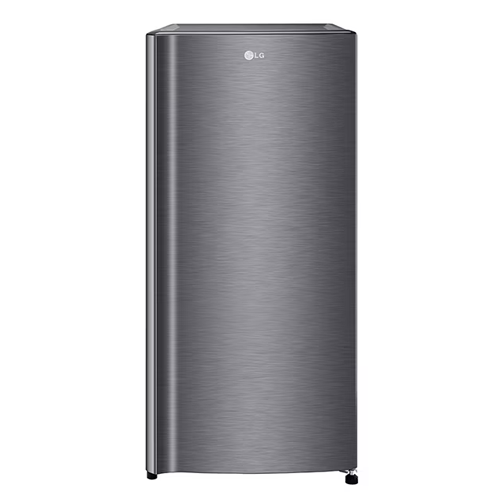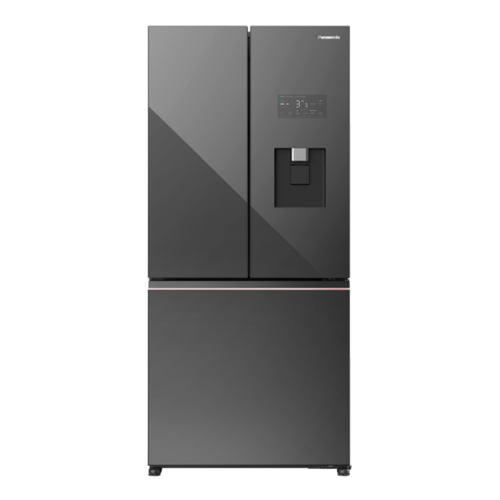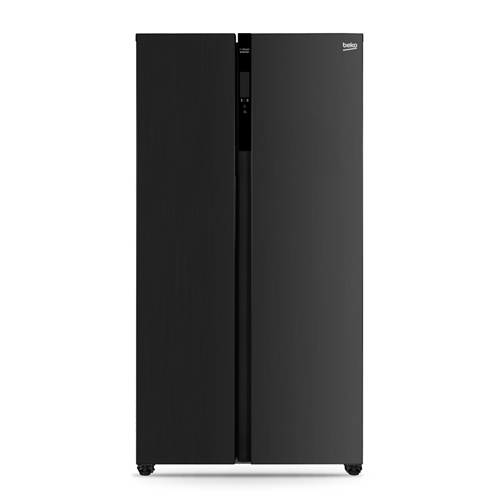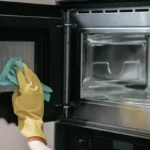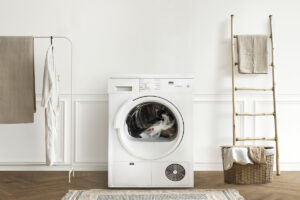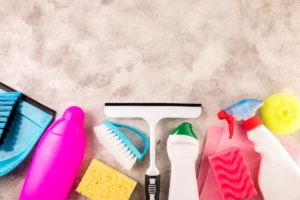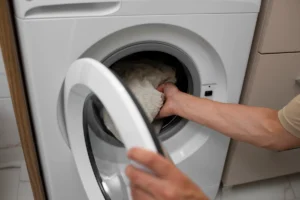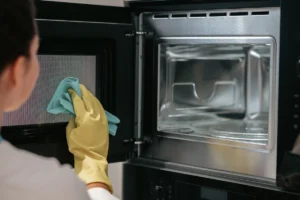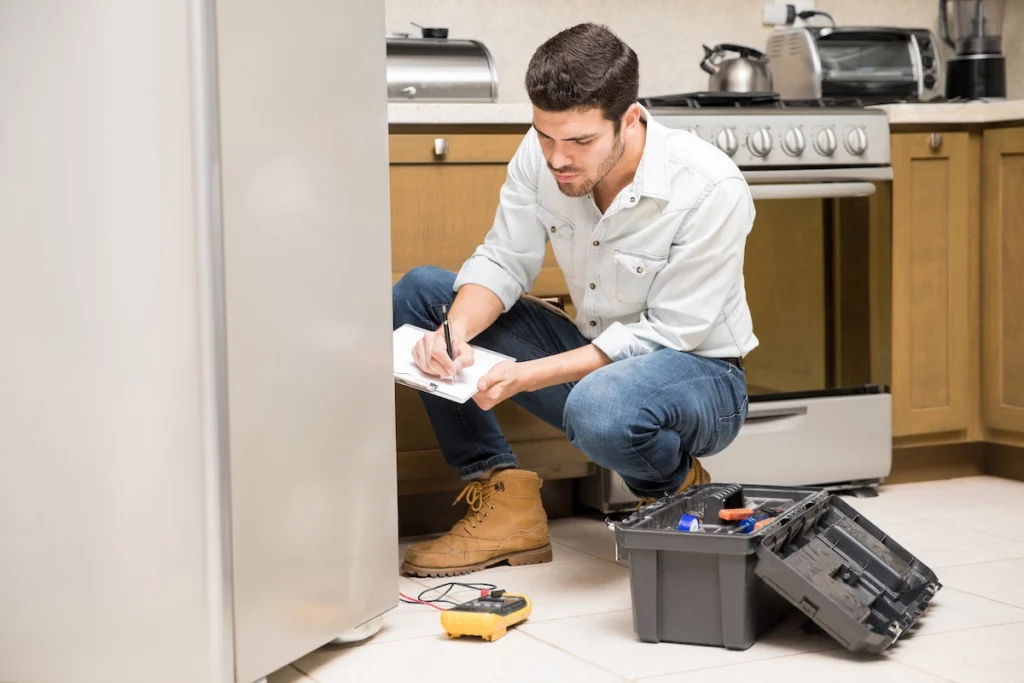
5 Common Refrigerator Problems and How to Deal with Them
The refrigerator is an essential appliance in Filipino homes and plays a crucial role in preserving food and enhancing everyday convenience. It’s primarily used to store perishable items, keeping them fresh for longer durations. Beyond its role in food preservation, the refrigerator also keeps beverages, medications, and other household essentials at optimal temperatures.
Because many Filipino households depend so much on this appliance unit, the consequences of having a faulty refrigerator can be significant. A malfunctioning refrigerator can disrupt daily routines, compromise food safety, and even lead to costly repairs or replacements. It’s a smart move for homeowners, then, to understand common refrigerator problems, their causes, and the appropriate solutions for them.
If you’re aiming to do just that, check out this list of the most common refrigerator problems below.
The Refrigerator Is Not Cooling
If you find that the food stored in your single-door refrigerator spoils easily or the bottles and packages in the fridge have a lot of condensation, then these can be signs of inadequate cooling. There are plenty of possible reasons for such an issue. It can be as simple as the door didn’t latch properly, or you can also be dealing with a faulty thermostat, a malfunctioning compressor, or dirty condenser coils. Essentially, the thermostat is responsible for regulating the temperature inside the fridge, while the compressor circulates refrigerant to facilitate cooling. On the other hand, if the condenser coils are dirty, then this can restrict heat dissipation and affect cooling efficiency.
To solve the issue, you first need to check if the temperature settings are correct. Organize the fridge so it’s not overloaded, which is a situation that can obstruct airflow inside the compartment. It can also help to clean the condenser coils with a vacuum or a brush, as this can significantly improve cooling performance. If the problem persists, it’s advisable to consult a professional technician who can diagnose and repair the faulty thermostat or compressor, or recharge the refrigerant if necessary.
There Is Excessive Frost Buildup in the Freezer
Excessive frost buildup in the freezer can also become an issue. Too much ice in this space can reduce the available storage area, and it can also lead to impaired cooling and inefficient operation of the refrigerator. The most common cause of frost buildup is a faulty door seal or a door that doesn’t close properly. When warm air enters the freezer compartment, it condenses and freezes, resulting in frost accumulation.
To get rid of this issue, the first thing you need to do is inspect the door seal for any damage or debris. Clean the seal and ensure it forms a tight seal when the door is closed. If the seal is damaged, consider replacing it. Additionally, check if there are any items blocking the refrigerator door from closing properly. If the issue persists, it may indicate a problem with the defrost system or defrost timer, which should be examined and repaired by a professional technician.
Water Leakage
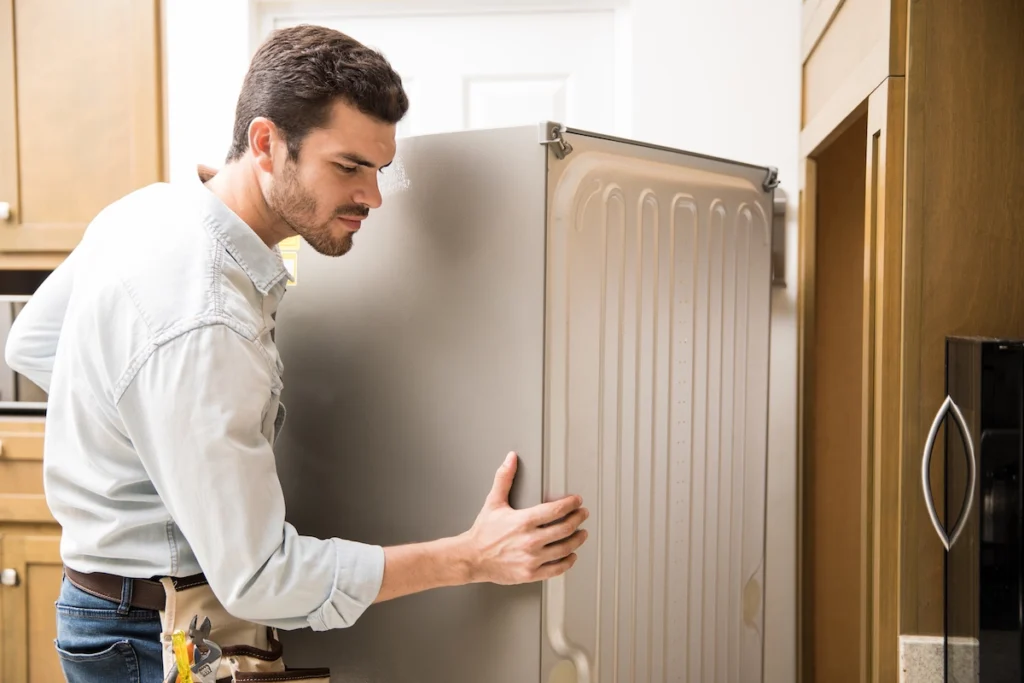
It’s also possible to have water leakage issues with your refrigerator. The presence of a pool of water inside or outside the refrigerator is a cause of annoyance for many people, but it can also be more than that. It can lead to water damage to the flooring and surrounding structures, as well as increase the risk of falling and slipping accidents in the area.
Clogged or frozen defrost drains, damaged water supply lines, or malfunctioning water inlet valves are common culprits behind water leakage. A clogged or frozen defrost drain prevents proper drainage of water produced during the defrosting process. Damaged water supply lines or faulty water inlet valves, likewise, can result in leaks from the water dispenser or ice maker.
The primary solution to this issue is to clear any debris from the defrost drain or thaw it if it’s frozen. Inspect the water supply line for leaks or blockages and replace it if necessary. If the water inlet valve is faulty, it should be replaced by a qualified technician to prevent further leaks.
Strange Noises
If your refrigerator makes unusual noises such as buzzing, rattling, or clicking sounds, then this can be an indicator of underlying issues. These noises can be attributed to various factors, including a malfunctioning compressor, a defective fan motor, or loose components within the refrigerator.
Reducing the noise means identifying its source by listening carefully to your refrigerator. If loose components are causing the noise, tighten them appropriately. However, if the issue persists or involves the compressor or fan motor, it is recommended to seek professional assistance. A technician can diagnose the problem accurately and perform the necessary repairs or replacements to restore proper functioning.
Fridge Running Too Frequently or Constantly
Refrigerators should not run constantly. If your unit seems to be running all the time, then this is an indicator of an existing issue, and it means that the unit is consuming more energy than it needs. It’s highly likely that the fridge is running constantly due to a dirty condenser coil, inadequate airflow around the appliance, or a malfunctioning temperature sensor.
There are several ways to address this particular issue. Start by cleaning the condenser coils to improve cooling efficiency. Ensure there is proper ventilation around the refrigerator by leaving sufficient space between the appliance and surrounding objects. Check if the temperature sensor is functioning correctly as well. If the issue persists, it is advisable to contact a professional technician who can diagnose and repair the problem.
Maximizing the Efficiency and Lifespan of Your Refrigerator
To ensure the longevity and efficient operation of your refrigerator, it’s important to follow a few essential maintenance practices. Keeping the refrigerator clean both inside and out and wiping spills and food debris regularly will help you maintain the function and efficiency of your refrigerator. Additionally, defrost the freezer when frost buildup reaches a thickness of around 1/4 inch to prevent excessive ice accumulation. Finally, schedule professional maintenance checks to address any underlying issues and optimize the performance of your refrigerator.
By following these simple care and maintenance practices, you can address the issues that your refrigerator might have before it starts becoming a bigger problem.
Related Products
- Sold Out10% Off
 [wc-ps tag="span"]Compare
[wc-ps tag="span"]Compare- 8 cu.ft. HD Inverter 2-door No Frost Ref
- HD Inverter 2-Door No Frost Ref
- Energy Efficient Inverter Compressor
- R600a Refrigerant
- Reversible Door Design
- Smart Cooling Technology
Original price was: ₱18,998.00.₱17,100.00Current price is: ₱17,100.00.Refrigerator Capacity : 6cu ft. - 8.9cu ft.Refrigerator Technology : No FrostOther Technology : InverterExtended Warranty : No Warranty Extension - LEX Extended Warranty - 12 months - LEX Extended Warranty - 24 months - Sold Out15% Off
 [wc-ps tag="span"]Compare
[wc-ps tag="span"]Compare- 6cu ft. 1 Door REF
- Non-Inverter Compressor
- Ever Cool
- Wire Shelves
- Moist Balance Crisper
- Bio Shield (Anti-Bac Gasket)
- Pocket Handle
Original price was: ₱12,995.00.₱10,995.00Current price is: ₱10,995.00.Refrigerator Capacity : 6cu ft. - 8.9cu ft.Refrigerator Technology : Semi-automaticOther Technology : Non-Inverter - Sold Out21% Off
 [wc-ps tag="span"]Compare
[wc-ps tag="span"]Compare- Inverter Compressor with 5 Econavi Sensors
- Electrostatic Outer Control Panel
- Top Mount Compressor
- -3°C Prime Fresh Freezing
- Auto-ice Maker with Ice Box
- 12 Years Warranty on Compressor
Original price was: ₱89,999.00.₱71,100.00Current price is: ₱71,100.00.Refrigerator Capacity : 15cu ft. - 17.9cu ft.Refrigerator Technology : No FrostOther Technology : Inverter - Sold Out15% Off
 [wc-ps tag="span"]Compare
[wc-ps tag="span"]Compare- 19.8 cu.ft. (563L), Inverter Side by Side
- ProSmart Inverter Compressor
- Harvest Fresh Technology
- Quick Cool / Quick Freeze
- Electronic Display Control on Door
- Anti-bacterial Odour Filter
Original price was: ₱55,990.00.₱47,600.00Current price is: ₱47,600.00.Refrigerator Capacity : 18cu ft. - Up to Maximum CapacityRefrigerator Technology : No FrostOther Technology : Inverter


